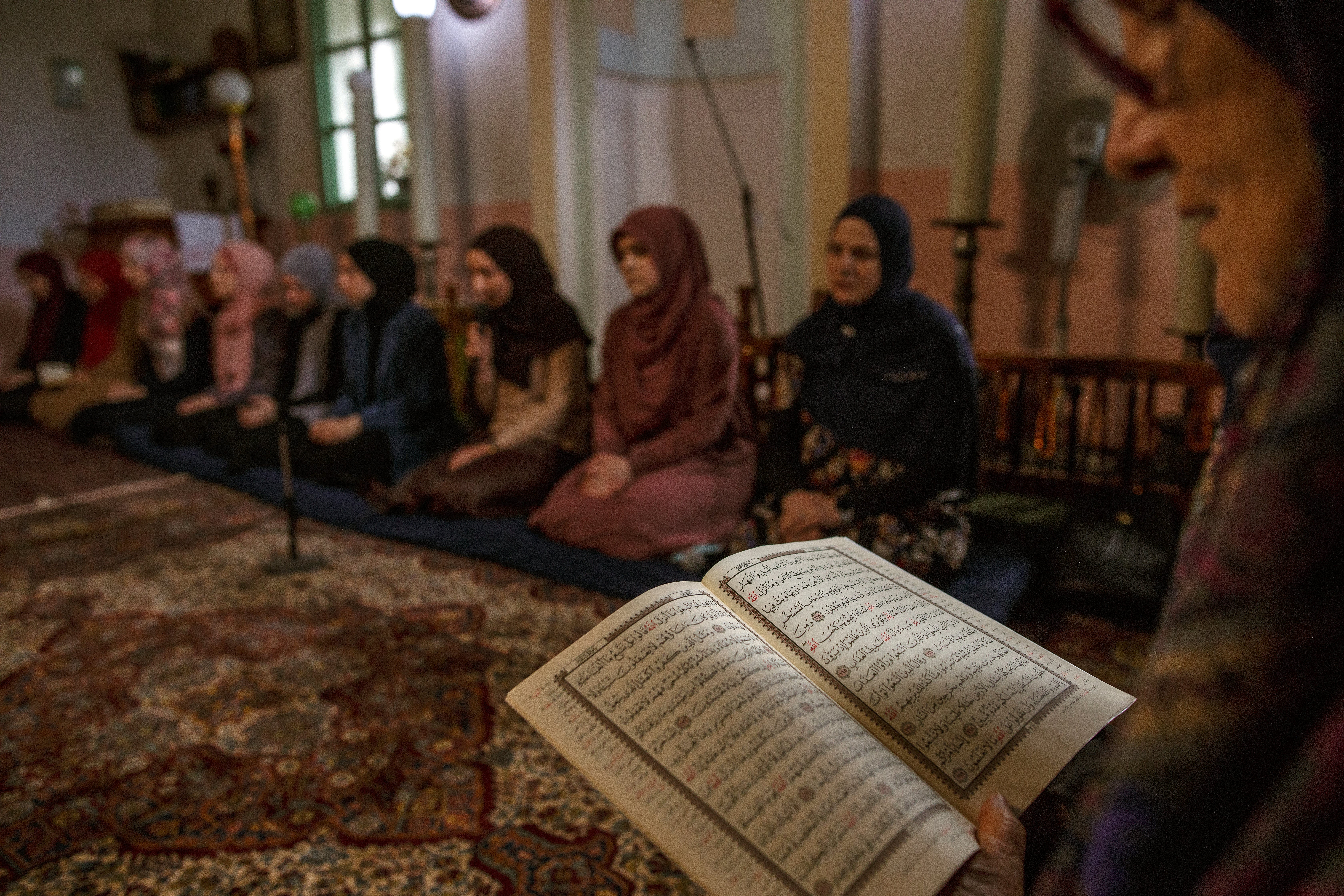What is Laylatul Qadr and when are the ‘odd nights’ in Ramadan 2022?
According to Islamic scriptures, the last 10 nights of Ramadan are considered to be the most special and important

Ramadan is a month of spiritual awakening and devotion to God for many Muslims, and typically lasts around 29-30 days.
The holy month of fasting is speedily coming to an end and Eid Ul-Fitr is fast approaching, as Muslims prepare for the holiest nights ahead.
Many Muslims believe that the month of Ramadan is split into three sets of 10 days – this is also known as Ashrah, which means 10 in Arabic.
The three stages are: mercy, forgiveness and, lastly, refuge. According to the Islamic scriptures, the last 10 nights are considered to be most special – this is when Muslims devote their nights to prayer, Quranic reading and charity.
Mosques around the globe usually hold prayers throughout Ramadan, but the last 10 nights are seen as highly important. Imams (mosque leaders) often use these last nights to complete the recitation of the Quran, while Muslims stand in congregation and prayer.
What does Laylatul Qadr mean?
Laylatul Qadr comes from Arabic roots and simply means “Night of Power”.
The Quran says: “That night the angels and the holy spirit descend, by the permission of their Lord, for every ˹decreed˺ matter.” This means that good deeds are multiplied and that every prayer is heard by God.
It is also believed that the Night of Power is when the first verses of the Holy Quran were brought upon this earth from the heavens and recited by Angel Jibrael to Prophet Muhammad (PBUH).
In Islamic theology, it is widely accepted that these odd nights, or the Night of Power, comes with infinite blessings. Prophet Muhammad (PBUH) said, "Look for the Night of Qadr in the last 10 nights of the month of Ramadan."
Therefore, many Muslims spend their nights in prayer and acts of worship, for the remaining days of Ramadan.
What do Muslims do on Laylatul Qadr?
Some of the acts of worship include:
- Qiyam – Night prayer: Muslims often stay up throughout the night to conduct these prayers.
- Dua – Supplication: This is seeking forgiveness, guidance and help from God, and is a means of replenishing the soul by seeking God’s mercy.
- Quran – Reciting and memorising the Quran is stated to be one of the greatest rewards in Islam, so Muslims use the last 10 nights to try to complete it.
When are the odd nights of Ramadan?
Many Muslims choose to commemorate the Night of Power on the 27th night of Ramadan, however some Muslim communities may do so on a different date. This is because the exact date of the night is not known or stated explicitly in the Quran. That is why the last 10 nights are considered to be very important.
The Night of Power could fall on one these nights (calculated according to the days/nights of Ramadan):
- 21 – Thursday night, April 21
- 23 – Saturday night, April 23
- 25 – Monday night, April 25
- 27 – Wednesday night, April 27
- 29 – Friday night, April 29
Dates may vary depending on your country’s moon sighting.
Happy fasting and Ramadan Mubarak!
Subscribe to Independent Premium to bookmark this article
Want to bookmark your favourite articles and stories to read or reference later? Start your Independent Premium subscription today.

Join our commenting forum
Join thought-provoking conversations, follow other Independent readers and see their replies